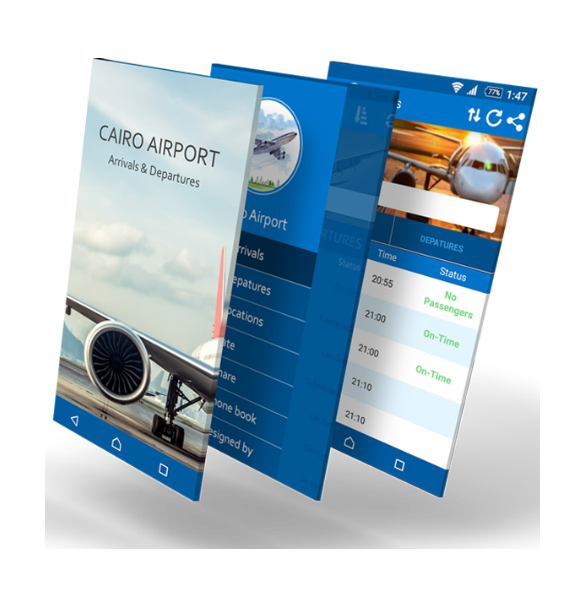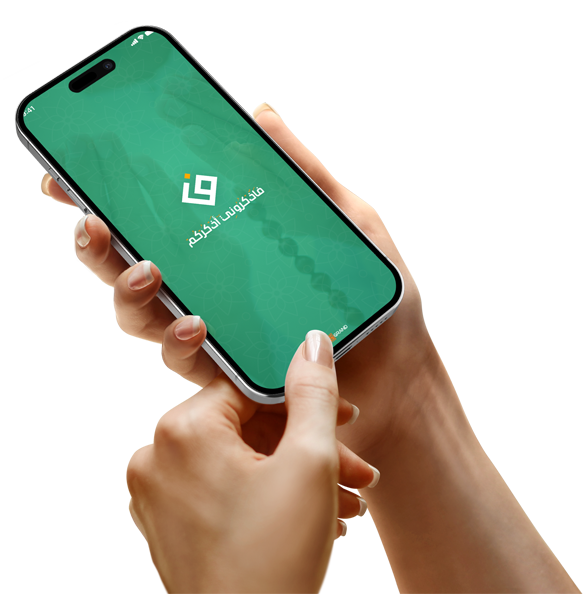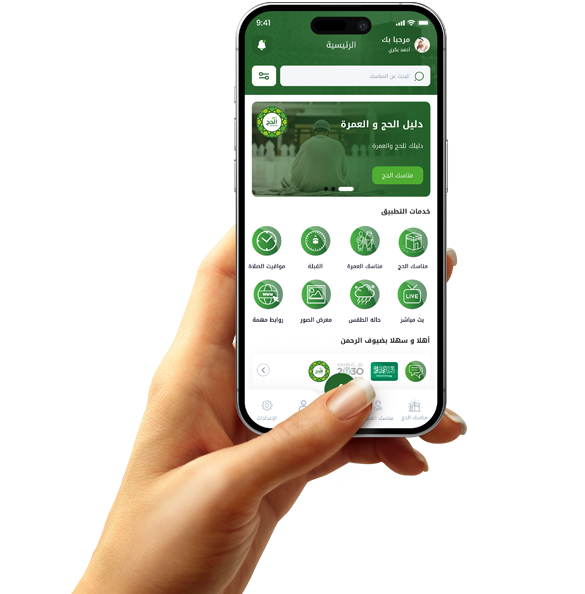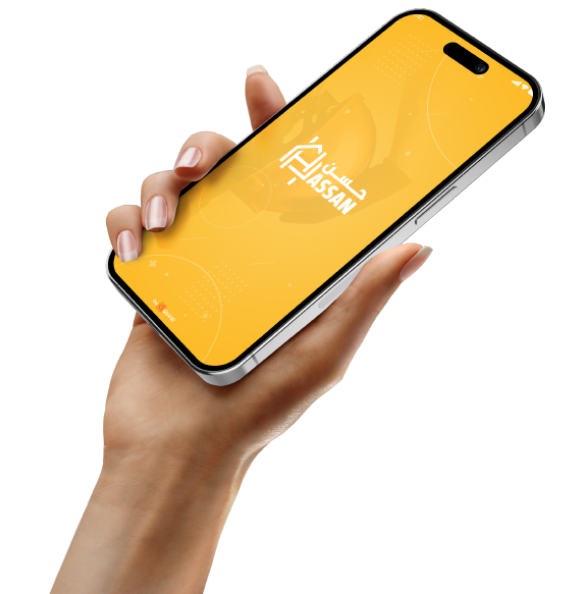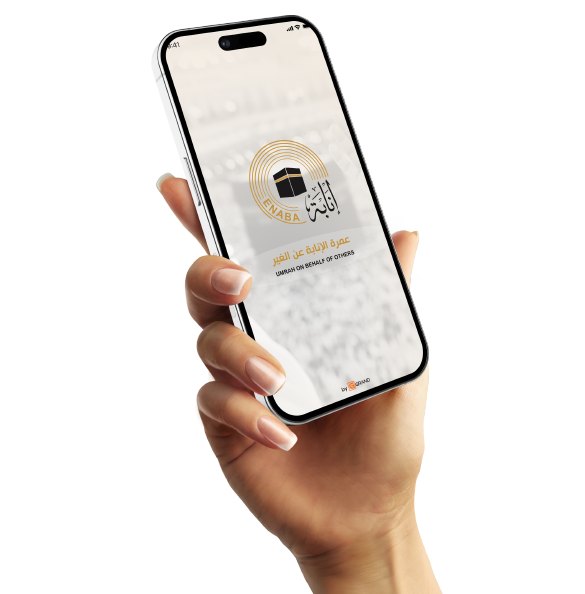Developing custom applications for training centers and educational courses

How Educational Apps Increase Management Efficiency in Training Centers
One of the most significant benefits of developing custom apps for training centers is improving management efficiency and internal organization.
Instead of relying on paper files or Excel spreadsheets, the app can serve as a comprehensive center for managing trainees, courses, and trainers.
Organization begins from the moment a trainee registers. The app can automatically receive requests and record data in an organized database.
A custom dashboard can be customized for management, displaying the number of registered students, course dates, late fees, and amounts paid or remaining.
The app also facilitates scheduling lectures and automatically updating course times and locations for all trainees.
The app's interactive calendar feature allows students and trainers to accurately track appointments, reducing absences and tardiness.
Academic records for each trainee can also be accurately managed, such as test scores, performance evaluations, and attendance rates.
Monthly or quarterly reports on educational performance can be easily generated using built-in analytics tools.
For trainers, working hours, daily tasks, and communication with management and trainees can be easily set within the app.
The app also allows management to track performance indicators, such as the highest-rated course or the most effective trainer. Additionally, the app supports sending administrative notifications, such as new decisions or important announcements, to all users immediately.

How Educational Apps Help Expand Trainee Base
With the increasing reliance on the internet in education, it has become easier for training centers to reach trainees beyond their geographical scope, and apps play a pivotal role in this.
Through a dedicated app, a center can offer its services to anyone anywhere in the world, without the need for a physical presence in the classroom.
This capability opens up new horizons for reaching a wider audience, such as workers, university students, or even trainees from abroad.
The app allows all courses to be displayed in an organized manner, with the ability to search by language, subject, or difficulty level.
The app also offers electronic payment options in multiple currencies, making it easy for global users to subscribe.
The multilingual interface within the app helps break the language barrier and expand the target audience.
The app also offers a variety of content in visual and audio formats, catering to various learning styles around the world.
The self-study feature within the app enables users to study at their own pace, appealing to those with limited time.
Promotions and discounts can also be customized through the app to attract new groups who are not accustomed to attending courses.
The more users the app has, the greater the center's opportunity to build a diverse and interactive training community.
The app allows new trainees to easily create accounts, keeping their data organized and trackable.
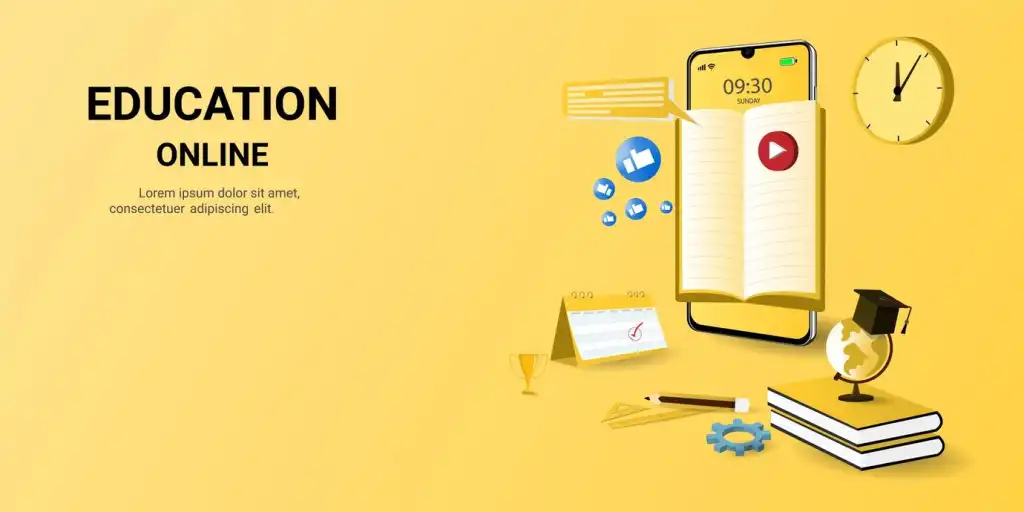
The Importance of Providing Electronic Tests Within Training Applications
Tests are an essential part of any training course, as they are the tool used to measure learning effectiveness and trainees' understanding of the content.
Therefore, integrating electronic tests into the training center's application represents a qualitative shift in the evaluation and monitoring process.
Through the application, multiple-choice, essay, or even interactive tests can be designed with ease and flexibility.
The system allows for a specific time limit for each test, and results are provided immediately upon completion.
This provides trainees with direct feedback on their level and helps them identify strengths and weaknesses.
Question banks can also be created for each course, randomly used for each trainee to avoid duplication or cheating.
This feature contributes to promoting integrity and fairness among all trainees.
The application can also save trainees' results in their profile, allowing them to review them at any time and compare their progress.
The center can schedule tests according to course dates, or open them optionally according to the self-learning path.
This flexibility allows for accommodating different types of learners, whether regular or working.
The coach can also view his group's results and analyze performance to determine who needs additional support.

The Role of Training Apps in Building an Interactive Learning Community
One of the greatest benefits of dedicated educational apps is their ability to create a continuous communication environment between trainees and trainers.
The app not only displays content, but also enables interaction within and outside of the course, creating an atmosphere closer to an integrated community.
Through the app's discussion forums, trainees can exchange experiences, ask questions, and share useful resources.
The trainer can also interact directly with student inquiries, or even post additional files that clarify certain concepts.
This interactive space makes the trainee feel like they are part of an active community, not just a recipient of information.
The app can also provide small chat rooms between groups or teams within the course.
This enhances the spirit of collaboration and collective learning, especially in courses that require applied projects.
The comment feature at the bottom of each lesson helps facilitate real-time interaction with the content and provide constructive feedback.
The "like" or "mention" feature can also be activated, creating a stimulating and positive environment.
This type of interaction motivates the trainee to continue and follow through, as they feel like they are surrounded by others who share the same goal.
Adding educational competitions within the app is a smart way to foster a spirit of competition and interaction at the same time.
You can also display a list of "Top Participants" or "Most Active Trainees" to encourage others to engage.



